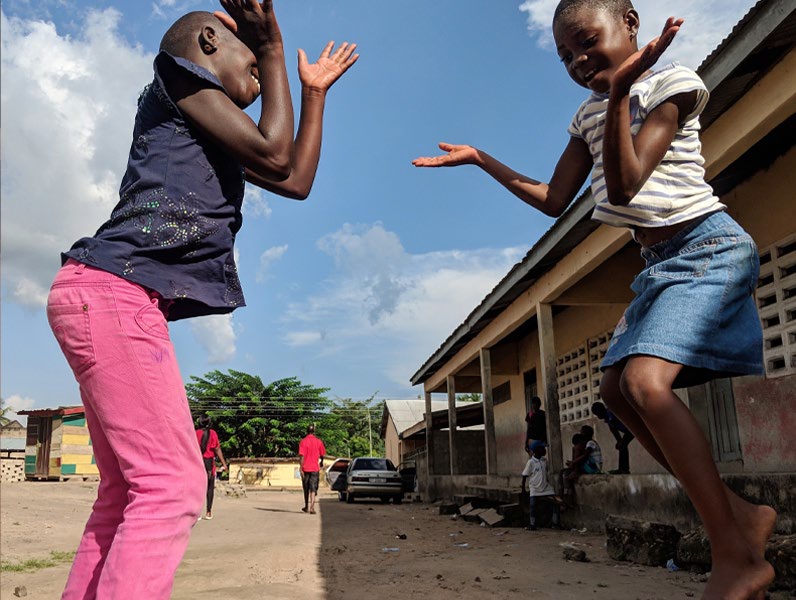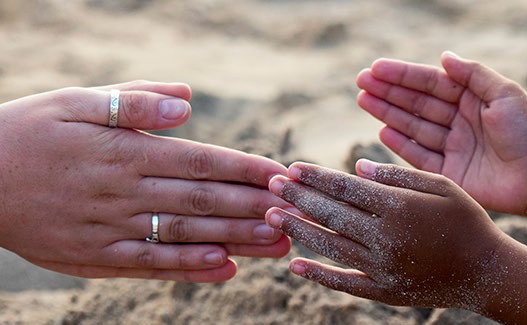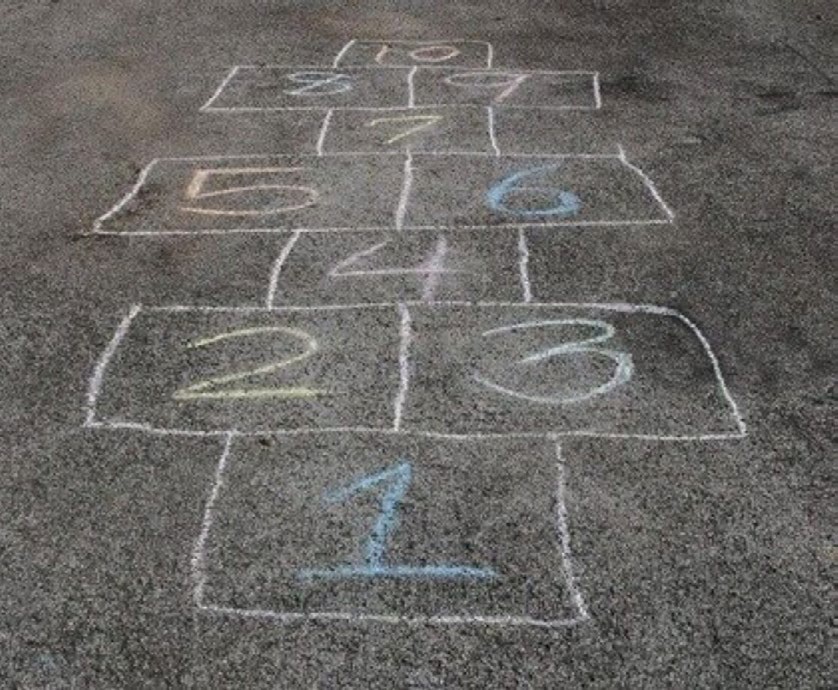When We Were Young: 7 Nostalgic Games We Played
Children want to grow up quickly and do what grownups do, but adults, on the other hand, want to be children once more. With all the challenges that come with growing up, some people find solace in reminiscing about their childhood. Anyone who grew up in Nigeria most likely had the most picturesque upbringing.
We were outside once upon a time; that used to be the standard. But that was a long time ago. We really did have it all, from staying in and playing Tinko or Ayo with friends and family to playing street football on rainy days or Suweh on weekends and long holidays while making sure to keep an eye or an ear out for our mothers’ calls for us to return home.
These days, children do not engage in such activities; instead, we find every youngster in front of a screen, scrolling through TikTok, liking a post on Instagram, or confronting a much larger screen and playing online games. Traditional Nigerian games were an essential part of our youth; not only were they entertaining and adrenaline-pumping, but they also provided us with a wealth of beautiful memories and fostered child bonding. We take you down memory lane with seven childhood games that will make you appreciate your youth even more.
Boju-Boju
It is the Nigerian equivalent of hide and seek. Every seeker begins their journey by singing the playful chant while everyone else goes into hiding, and the person searching begins by singing ‘boju boju o…’ and then begins to chase. Whomever they capture will be the next to seek.
Tinko

Tinko is also a game we enjoyed watching. It is based on the song of the same name. A clapping game in which you must clap in ascending order and not miss a single beat of the routine. Back in school, this game was largely played by girls, but boys joined in occasionally. Throughout the game, the words Tinko Tinko are sung again in a memorable tune. To win, kids must complete ten segments of the sequence without missing a beat. For others, the game was never-ending. To play Tinko, you and your opponent had to be in sync. The beauty of this game is that frienships are born and bonds are made when you find the person with whom you are perfectly in sync.
Fire On The Mountain
Two circles of children are formed, one with one more member than the other. They start running in opposite directions when given the signal while chanting “there is fire on the mountain, run, run, run” until you hear the words, “fire is over!” The players then try to find their partner from the other circle. After the scramble, the player who does not have a partner is forced to do various acrobatics or crouch in the circle’s center. The procedure continues until only one pair remains, at which point they are named the champions. This game has several names in different communities.
Monkey Post
The Nigerian version of five-aside football is called monkey post. ‘Monkey post’ is a street version of five-a-side football, which is generally played indoors or on a grass surface. It’s a time-honoured tradition for every football-crazy Nigerian male. In a densely populated country fascinated with the beautiful round leather ball game, that’s saying a lot. The ball is usually very light an popularly known as felele. It is mostly played by those who don’t have the opportunity to play on much bigger fields. When a player gets worked up with excitement and knocks this light ball with his toes, it swerves all over the place. Time stops as it swerves, and monkey post players pray it doesn’t hit the window of an expensive automobile.
After Round One

The game requires at least two players and proceeds as follows: The game has different rounds, and with each round, all participants choose a personal number as their winning number, then they would sweep one of their hands back and forth on a surface, and at the end of the song, each player would have to display a number from 1 to 5 on a flat surface using their fingers. If the player’s number reflects on the finger shown, that player gets a point. The player with the fewest point would have to extend their hand in a clapped posture and allow all the other players to slap their hands one after the other.
Suweh

Children play the game in schools and on the streets worldwide. Depending on the terrain you are playing on, you draw nine boxes in the sand using a stone, sticks, your fingers or a stick of chalk. Everyone would take turns jumping in the boxes while ensuring to place one foot in each box. It was enjoyable to play.
Who Is In The Garden?

Everyone forms a circle and holds hands with the leader standing outside the circle, asking questions about the person in the middle while the others respond. It goes like this: “Who is in the garden?” “A little fine girl. ” “Can I come and see her?” “No, no, no, no!” The leader then touches someone on the back and says, “Abeg, my sister, follow me.” That individual then follows the leader outside the circle and sings the question along. They continue until just two people remain in the circle. Finally, the last person standing who hasn’t been tapped must pursue and apprehend the others. They then begin a new round of the game. In the new round, the one who had to chase everyone becomes the leader.

Ntianu Obiora is a versatile creative professional with over a decade of experience in publishing, marketing, communications, and digital strategy. She is the Online Editor at THEWILL DOWNTOWN





